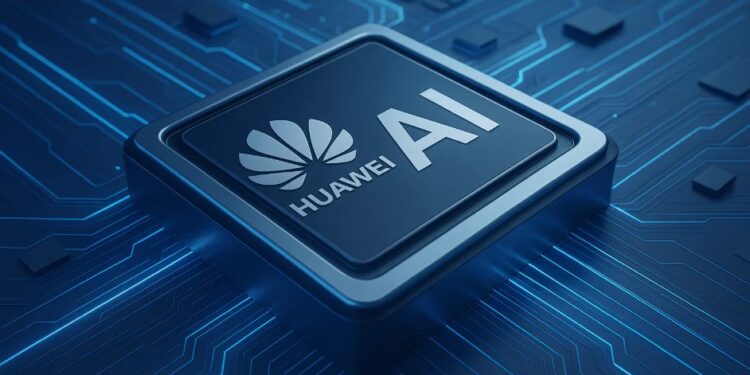In a breakthrough for industrial automation, an artificial intelligence system operating in a Conch Group cement plant has achieved over 90% accuracy in predicting clinker strength and now autonomously adjusts production parameters—reducing coal consumption by around 1%, a margin that previously required decades of human expertise to achieve.
Next-generation industrial intelligence
Developed on Huawei’s AI infrastructure, the agentic system represents a new step in self-learning industrial control. It continuously analyses sensor data from furnaces, kilns, and raw material inputs, learning in real time to optimise calcination—the process of heating limestone and other materials to form clinker, the key ingredient in cement.
Traditionally, such fine-tuned adjustments were made by senior engineers drawing on years of operational experience. The AI now replicates and surpasses that judgment, dynamically balancing temperature, airflow, and fuel mix to maintain consistent quality while improving energy efficiency.
According to engineers at Conch Group, one of China’s largest cement producers, the AI system operates without direct human intervention for extended periods, only flagging anomalies for review. It uses Huawei’s cloud-based training infrastructure to process massive volumes of industrial data and refine its predictive algorithms continuously.
Energy savings and emission reduction
Although a 1% reduction in coal use may appear modest, its implications for an energy-intensive sector are considerable. Cement manufacturing accounts for roughly 7% of global carbon emissions, and incremental efficiency gains translate into significant environmental and financial benefits at scale.
By autonomously optimising fuel efficiency and heat balance, the AI-driven system is projected to cut thousands of tonnes of CO₂ emissions annually at a single plant. Conch Group has signalled plans to deploy similar systems across its other production lines, potentially setting a new benchmark for the global cement industry.
Human expertise meets machine learning
Industry observers view the development as a milestone in the shift from rule-based automation to fully agentic AI—systems capable not only of executing commands but of interpreting outcomes and making independent operational decisions.
“Industrial AI is evolving from assistance to autonomy,” said a Huawei spokesperson. “This isn’t just about optimisation—it’s about embedding decades of human knowledge into a system that learns and improves faster than any operator.”
While the technology promises efficiency, experts caution that maintaining safety and transparency will be critical as decision-making shifts from humans to machines. Conch engineers continue to monitor the AI’s performance closely, ensuring it remains within safety and quality thresholds.
A model for industrial transformation
The success at Conch’s plant highlights how AI can reshape heavy industry, long viewed as resistant to digital transformation. With rising energy costs and tightening emissions regulations, autonomous optimisation systems could soon become standard across sectors from steel to chemicals.
For the cement industry, where experience once defined expertise, the future may now belong to algorithms that learn faster, react sooner, and burn cleaner.
Newshub Editorial in Asia – 15 October 2025




Recent Comments